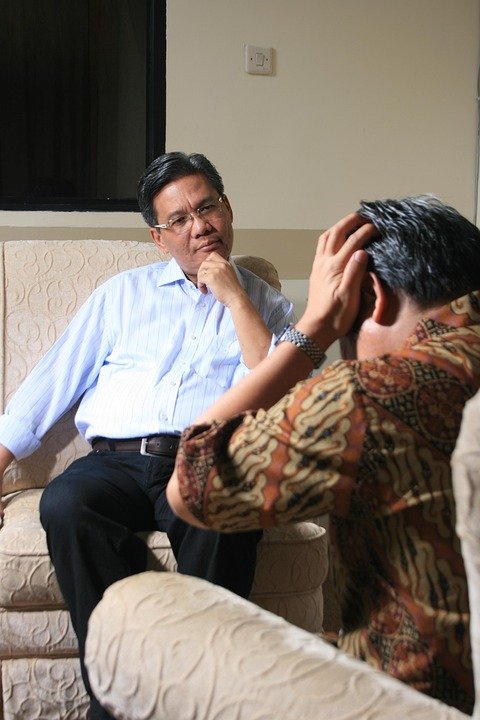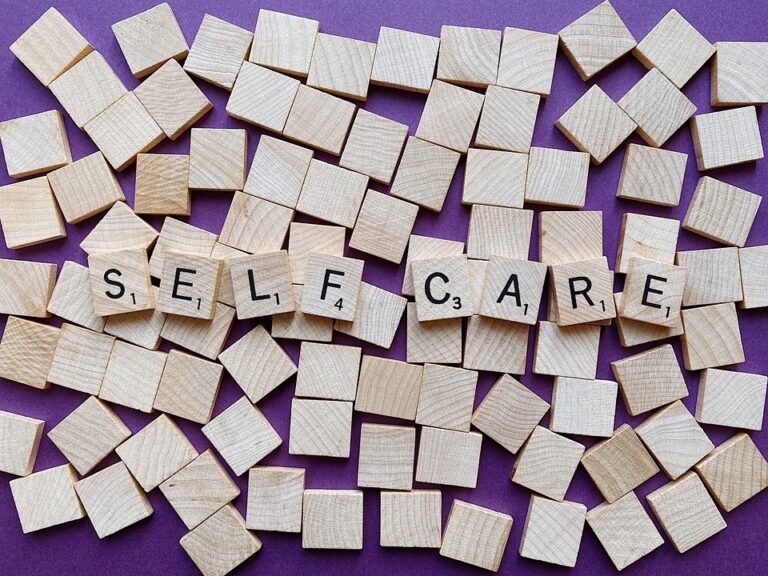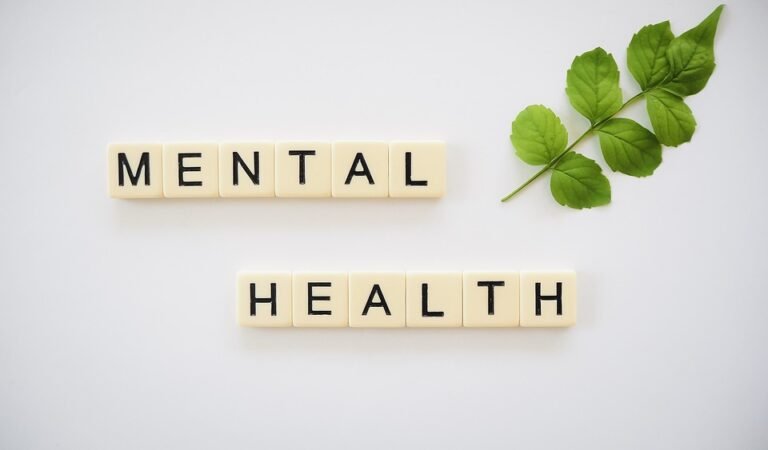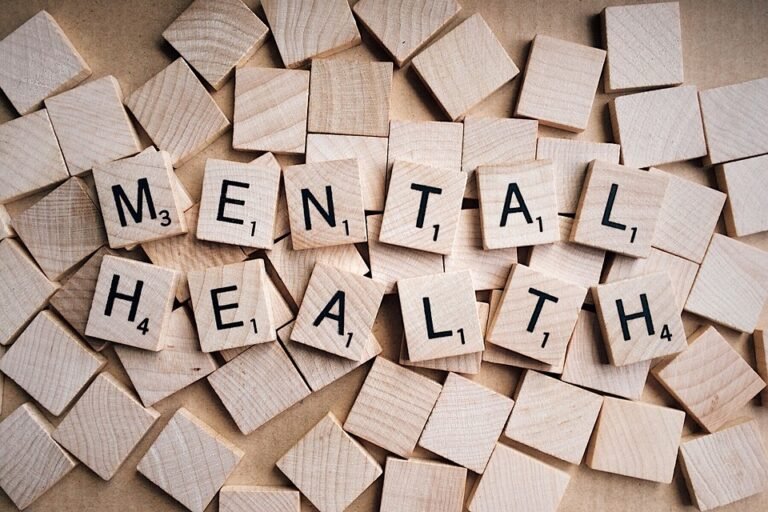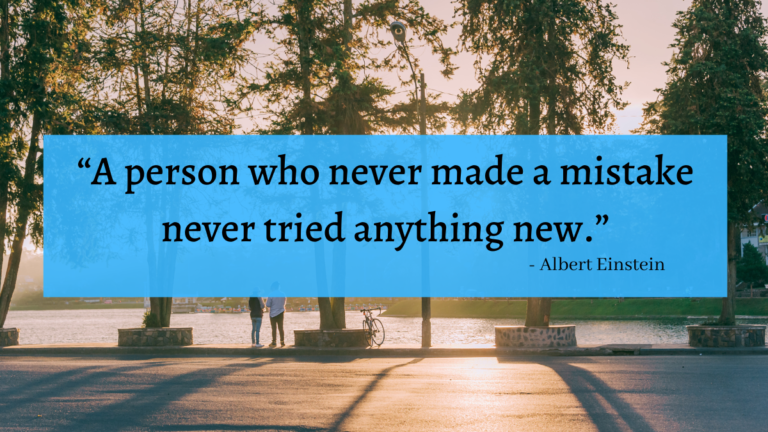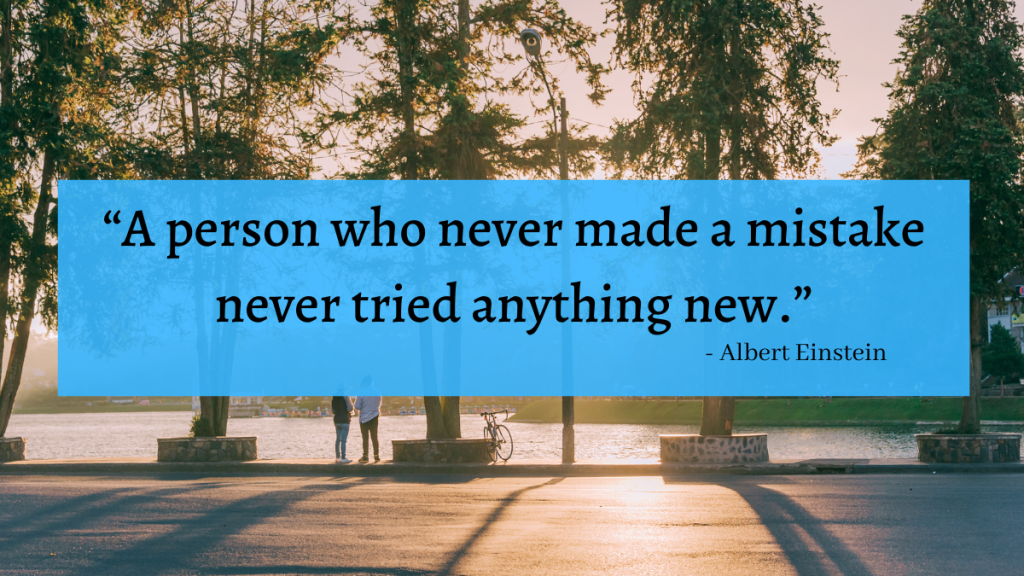Mental health is a growing crisis in Africa, with experts warning of the urgent need for attention and action. The World Health Organization (WHO) estimates that over 450 million people worldwide suffer from mental health disorders, and Africa is no exception to this global trend.
Several factors contribute to the growing mental health crisis in Africa. The continent faces numerous challenges such as poverty, political instability, armed conflicts, and weak healthcare systems. In addition, cultural stigmas and misconceptions around mental health often prevent individuals from seeking help and support.
According to the WHO, the rate of mental health disorders in Africa is on the rise. The organization’s data shows that over 76% of people with severe mental health disorders in low-income countries receive no treatment at all. This lack of access to mental health services has led to high rates of untreated depression, anxiety, and other mental health issues in Africa.
Furthermore, the COVID-19 pandemic has exacerbated mental health challenges across the continent. Lockdowns, loss of income, and limited access to healthcare have taken a toll on the mental well-being of many individuals in Africa. A study published in The Lancet Psychiatry in 2021 found that the pandemic has led to an increase in anxiety, depression, and post-traumatic stress disorder in African countries.
Experts are calling for urgent action to address the mental health crisis in Africa. They emphasize the need for increased investment in mental health services, improved access to mental health care, and destigmatization of mental health issues. Additionally, integrating mental health into primary healthcare services and community-based interventions is crucial to reach individuals in need.
National governments and international organizations must prioritize mental health as a public health issue and allocate resources to support mental health programs and services. This includes training healthcare workers, providing mental health education, and ensuring the availability of affordable and accessible mental health care.
In addition to policy and infrastructure changes, addressing cultural stigmas and misconceptions around mental health is essential. Community-based initiatives and public awareness campaigns can help to break down barriers and encourage individuals to seek help when needed.
The mental health crisis in Africa demands urgent attention and action. By prioritizing mental health, addressing systemic challenges, and advocating for destigmatization, we can work towards improving the well-being of individuals across the continent. It is time to recognize the importance of mental health and take steps towards creating a more supportive and inclusive environment for those in need.


